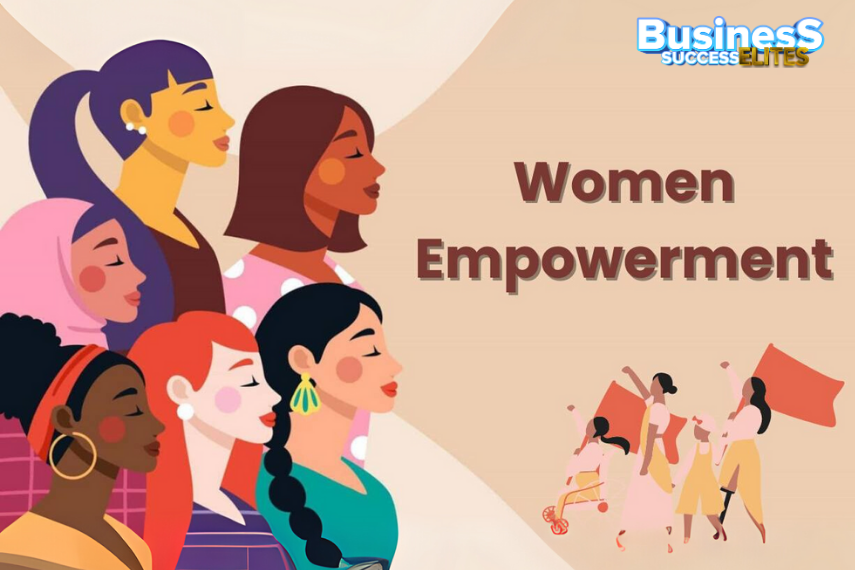
Women empowerment is more than just a buzzword—it’s a powerful movement toward equality, justice, and opportunity. It means enabling women to have control over their lives, make independent decisions, and access opportunities in education, employment, leadership, and beyond. In a world where gender disparities still exist, empowering women is essential not only for personal growth but also for the progress of society as a whole.
Empowering women leads to a more balanced, fair, and prosperous society. Here’s why it’s critical:
Economic Growth
Empowered women contribute to the economy through entrepreneurship, leadership, and innovation. Studies show that closing gender gaps in employment could boost global GDP by trillions of dollars.
Social Development
Educated and empowered women improve the well-being of their families and communities. They are more likely to ensure better education and healthcare for their children.
Reduction in Gender-Based Violence
Empowerment helps women become aware of their rights and gives them the strength to fight against violence, exploitation, and discrimination.
Political Participation
When women participate in politics and governance, policies become more inclusive and equitable, leading to stronger democracies.
Education: Equal access to education is the first step. Educated women are more likely to be employed, earn higher incomes, and participate in political and social life.
Health and Safety: Reproductive health rights, mental health support, and protection from violence are essential for true empowerment.
Economic Independence: Access to financial resources, training, and opportunities helps women become self-sufficient and confident.
Legal Rights: Knowing and exercising legal rights protects women from exploitation and promotes equality in inheritance, employment, and family law.
Despite progress, barriers remain:
Cultural and traditional norms that limit women’s roles.
Unequal pay and workplace discrimination.
Lack of access to education and healthcare in rural or underdeveloped areas.
Violence and harassment, both online and offline.
Education campaigns to raise awareness about gender equality.
Government policies promoting equal pay, maternity benefits, and political representation.
Support for women entrepreneurs through training and microfinance.
Community engagement to challenge outdated norms and stereotypes.
A: It means enabling women to make their own choices, access opportunities, and live with dignity and equality in all areas of life—social, economic, political, and personal.
A: Empowered women contribute to economic growth, reduce poverty, improve health and education outcomes, and strengthen communities and governance systems.
A: By supporting their education, speaking out against gender discrimination, advocating for equal opportunities, and encouraging women’s participation in leadership and decision-making.
A: Education is the foundation of empowerment. It gives women the knowledge, confidence, and skills to pursue opportunities, challenge inequalities, and make informed decisions.
A: Absolutely. Men play a crucial role by challenging sexism, supporting gender-equal policies, and being allies in creating an inclusive society.
Women empowerment is not just a women’s issue—it’s a human issue. When women rise, society rises with them. It’s time to move beyond words and take action, ensuring that every girl and woman has the power to dream, achieve, and thrive.
IPO-Bound PhonePe Focuses on Payments Growth and Platform Expansion
February 8, 2026